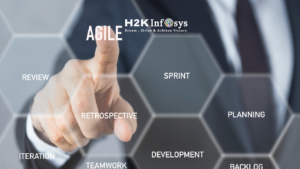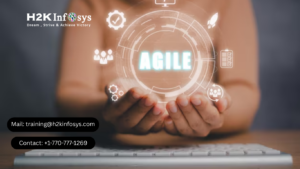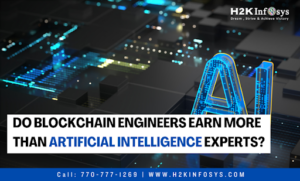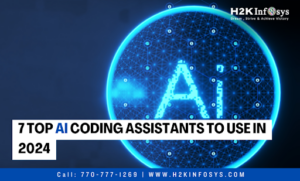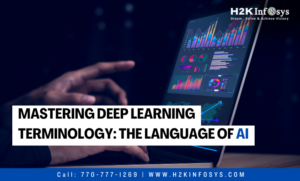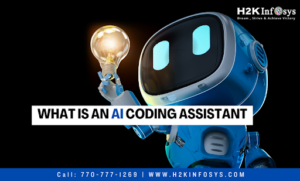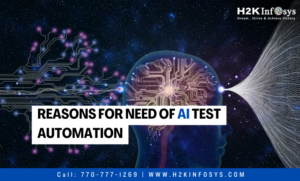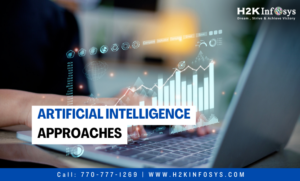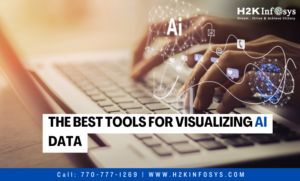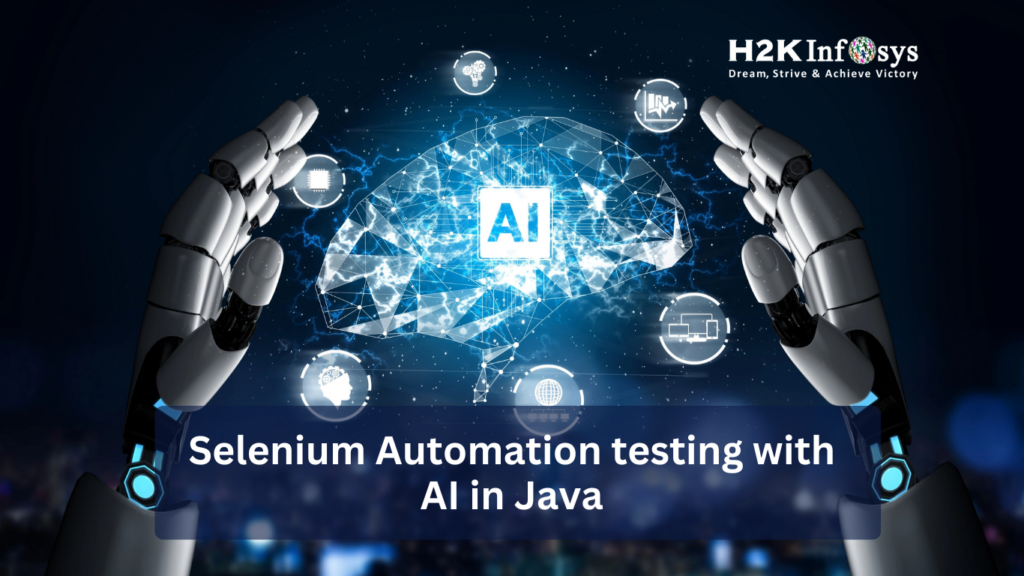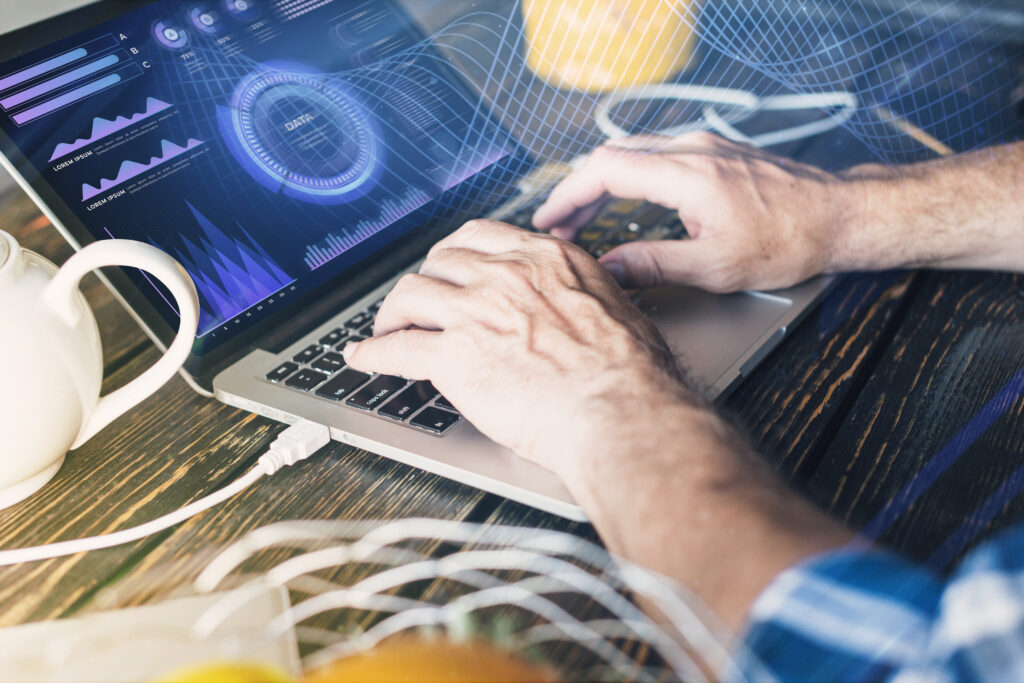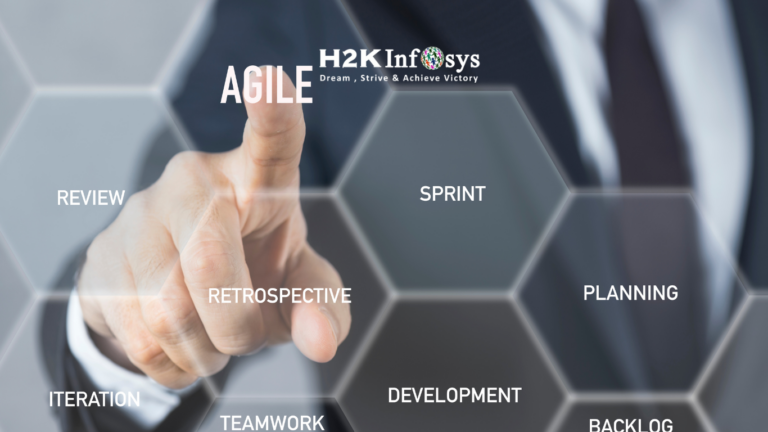Artificial Intelligence (AI) is a phenomena that has captured the attention of people worldwide due to its remarkable potential and fascinating implications in the constantly changing field of technology. Artificial intelligence (AI) has become a game-changer, transforming industries and redefining our future, from science fiction to real-world applications.
AI is the application of machines to tasks that ordinarily call for human intelligence. Artificial intelligence (AI) has quickly and dramatically changed many facets of human life, including society and interpersonal interactions. It will carry on in this manner. AI has brought up significant ethical and sociopolitical issues along the road, necessitating a careful philosophical and ethical examination. To prevent any unfavourable effects, its societal influence needs to be researched. AI systems are becoming increasingly clever, self-governing, and seeming reasonable.
Come along on a fascinating journey into the world of artificial intelligence (AI) as we explore its remarkable potential, examine its effects on society, and face the intriguing paradox of opportunity and danger it poses. To learn more, check out the online AI training.
The Dawn of Intelligent Machines
Artificial Intelligence is a branch of computer science that aims to build machines that can mimic human intelligence. It originated from the human thirst for knowledge and innovation. This fascinating project started in the 1950s and has since developed into an amazing voyage of exploration that is going beyond what we previously thought was possible.
From Automated Assistants to Self-Driving Cars
AI is more than just a catchphrase; it’s a necessity in our day-to-day activities. Unknown to us, we communicate with AI systems rather frequently. Our duties are made easier by virtual personal assistants like Siri and Alexa, and we are exposed to new entertainment possibilities by recommendation algorithms on streaming platforms. Furthermore, AI-enabled autonomous cars are changing the way we travel by offering improved safety, less traffic, and increased accessibility.
The Power to Transform Industries
The uses of AI go much beyond consumer applications. AI is transforming medication discovery, diagnosis, and treatment in the healthcare industry, offering tailored therapy and better patient outcomes. AI algorithms are used by financial institutions to improve efficiency and security through fraud detection, risk assessment, and algorithmic trading. Businesses in the manufacturing and logistics sectors use AI to streamline processes, reduce errors, and boost output.
Unleashing Creativity and Innovation
A fresh wave of innovation has been spurred by AI’s creative potential. By working together with AI systems, artists create one-of-a-kind artwork that pushes the limits of human ingenuity. Artificial intelligence (AI)-generated literature and music defy conventional ideas of authorship and create new platforms for artistic expression. AI now co-creates and acts as a muse in this dynamic landscape that has been produced by the combination of human intellect and machine capabilities.
Ethics and Responsibility
Ethical concerns are becoming more important as AI develops. Consideration must be given carefully to issues of employment displacement, bias, openness, and privacy. In order to create a just and equitable society, it is imperative that AI algorithms are impartial, responsible, and free from innate prejudices. To traverse these ethical issues and create strong frameworks for responsible AI development and deployment, researchers, legislators, and industry leaders must work together.
The Journey Ahead
AI’s future is full of exciting possibilities and uncharted territory. As technological progress quickens, we have to consider the possible consequences. Will artificial intelligence (AI) supplement or replace human labour? Is it possible to reconcile innovation with moral principles? How do we deal with the economic and societal effects of automation driven by AI?
Experts predict a time when artificial intelligence could help humanity overcome its biggest problems, such as combating climate change and advancing healthcare. It has the power to reveal undiscovered information, decipher intricate patterns, and stimulate creative thinking. We must exercise caution, though, to make sure AI continues to be a tool that benefits and empowers people rather than a force that undermines their agency and morals.
Conclusion
A new era of unparalleled possibilities in transforming our environment has been brought forth by artificial intelligence. AI’s application is limitless, ranging from creative collaborators to intelligent machines. It has a significant impact on society, industries, and the human experience. In order to appropriately harness the power of artificial intelligence, we must develop a shared knowledge of its potentials and drawbacks as we navigate this exciting transition.
Let’s embrace AI’s wonders, allowing it to pique our interest and motivate us to realise its transformative potential while averting any unforeseen repercussions. We can design an AI-powered future that magnifies our accomplishments and gives us the tools we need to address the challenges that lie ahead with ethical frameworks, responsible development, and a common commitment to human-centred advancement. The adventure goes on, and the marvels of AI await us on the horizon of human ingenuity. Check out the AI online course to learn more.




